Reactive Transport Processes
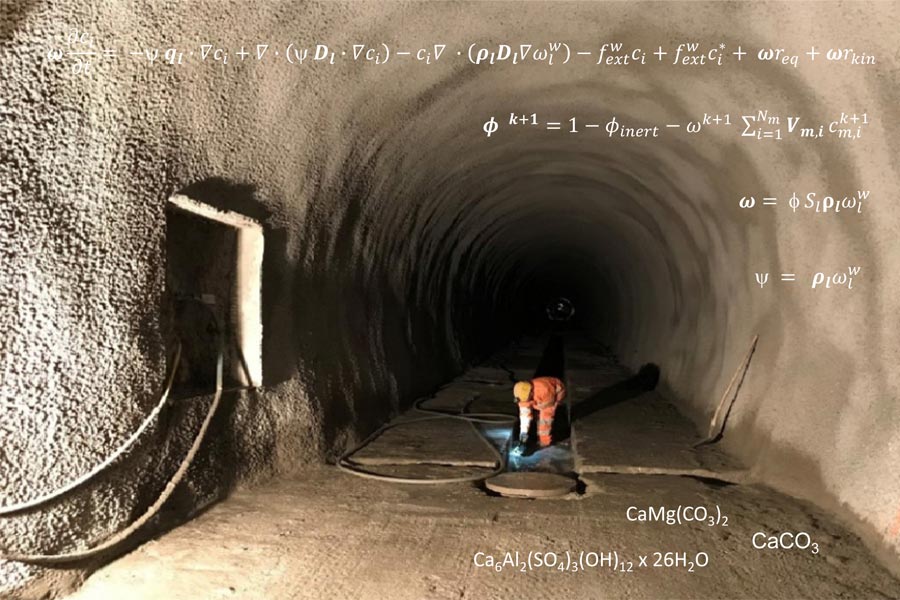
Reactive transport and T-H-M processes in porous and fractured media often occur in a wide range of subsurface system applications such as i) nuclear waste disposal, ii) geothermal energy systems, iii) hydrocarbon reservoir production, iv) groundwater management and/or iv) CO2 sequestration.
The numerical simulation of the long-term behavior of these systems presents several challenges to modelers and code developers due to the complexity of the coupled processes and their high non-linearity. For example, these systems normally present coupled non-isothermal processes, different fluids (i.e. gas, non-aqueous phase liquid (NAPL) contaminants, groundwater) and multiple solid phases with different chemical compositions. In addition, phase change processes, controlled by pressure and temperature may also happen. To further increase the complexity, the long-term fluid-rock geochemical interactions could play a role in the system, and models should consider chemical reactions and their feedback to the hydraulic and flow field.
Our mission is to provide models and numerical simulation frameworks for the assessment of subsurface technologies in the context of transforming and sustainable geo-energy systems and supporting a growing circular economy. Our main expertise is the modelling of strongly coupled processes, mainly focusing on geo-chemical processes with complementary expertise on T-H-M processes of the geotechnical work group (including TUBAF and BGR).
At the present moment, the main focus is based on the holistic scientific view on the safety of nuclear repository systems, quantifying their close-to-reality evolution with regard to physical, chemical and microbiological processes. The safe, reliable disposal of Germany´s nuclear waste requires a long-term perspective on the processes that control the integrity of potential host rocks.
Specific objectives comprise the development of modeling capabilities for up-scaling related multi-physical and bio-geochemical processes from lab to field scales and establishing seamless workflows for safety performance assessment including data science methods. The cross-scale research concept provides a considerably enhanced scientific basis for an in-depth comparison of different repository concepts as specifically required for the site selection procedure in Germany.
The following topics and projects are currently being developed in our group in collaboration with different universities, research institutes, technical support organizations, nuclear waste management agencies and private companies:
Repository research:
- Actively participating and shaping the European flagship project for nuclear waste research (EURAD) taking leading roles in work packages ACED, DONUT, and GAS.
- Development of simulation methods and platforms aimed at the envisioned cross-scale system understanding of the different interacting repository (iCROSS).
- Topic 8 (POF IV): Georesources for the Energy Transition and a High-Tech Society
- German-Chinese cooperation in nuclear waste repository research (ELF-China)
Radiological protection:
- Protection for indoor radon exposure (RadonVent)
The long-term vision of this collaboration is to establish a multidisciplinary scientific Helmholtz research competence center offering a nuclear waste disposal research platform with high international visibility and impact and cooperation with relevant research institutions and authorities.
This collaboration will combine the understanding of the Earth system by applying geoscientific expertise (GFZ) and unique environment simulation capabilities (UFZ) with analyses of radioactive waste from and radionuclide behavior in repository systems by applying unique research infrastructure (NUSAFE).
A notable feature is the integration of data from in situ (e.g. Underground Research Laboratories like Mont Terri) and laboratory experiments into reactive transport models where thermo-hydro-mechanical-chemical-biological processes in repository systems can be analyzed enhancing the compression of coupled processes across scales.
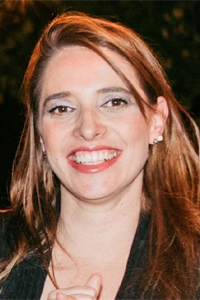 Dr. Vanessa Montoya
Dr. Vanessa Montoya
Dr. Vanessa Montoya joined the department of Environmental informatics at the UFZ in April 2019 working in the development of reactive transport processes with OGS-6. She obtained her PhD in Chemistry at the Universitat Autònoma de Barcelona (UAB) in 2006, specialized in Coordination Chemistry. Afterward, she started to work in the Waste Management department of the Environmental consulting company Amphos 21, in Barcelona as a scientific consultant and project manager. After 6 years in the private sector, and from 2012 to April 2019, Dr. Montoya worked as a scientist at the Karlsruhe Institute of Technology – Institute of Nuclear Waste Disposal (KIT-INE). Along her professional career, her work has been mainly focused in performing geochemical and reactive transport simulations with applications in Nuclear Waste Disposal. In addition, development of thermodynamic databases has been part of her research activities. Finally, she has complemented her scientific work as associated professor and teacher assistant at the Chemistry department of UAB and more recently as a lecturer at KIT - Faculty of Civil Engineering, Geo and Environmental Sciences and the Center for Advanced Technological and Environmental Training (KIT-FTU).
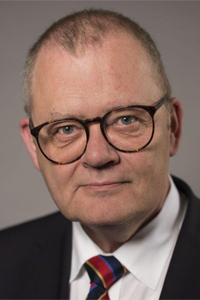 Prof. Dr. Holger Weiss
Prof. Dr. Holger Weiss
Prof. Holger Weiss is geologist and deputy director of the Environmental Informatics department at the UFZ in Leipzig. His research focuses on the cleaning of contaminated groundwater, water resource management in subtropical region under stress of climate and land-use changes, the environmental impact of mining, saltwater-freshwater interactions in coastal regions, the management of NORM and spatial planning of the geological underground. As an expert on contaminated land management he deals in particular with large-scale sites with complex contamination (megasites). Furthermore, he is leader of the recently approved radiation protection project RadonVENT. He is inter alia deputy chairman of Germany´s Federal Parliament Expert Commission “Fracking”, member of the scientific-technical board “Water management” at LMBV and a member of the German Academy of Geosciences and Geotechnologies.
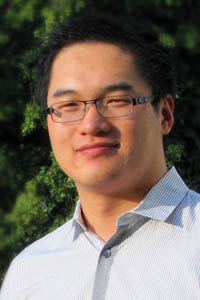 Dr. Haibing Shao
Dr. Haibing Shao
Dr. Haibing Shao joined the department of Environmental informatics at UFZ in 2009. From 2014 to April 2020 he was jointly appointed by UFZ and the Freiberg University of Mining and Technology (TU Freiberg) as Junior Professor of Geothermal System Analysis. He obtained his Bachelor degree in Environmental Engineering from Tongji University in Shanghai, China in 2005. Afterward, he performed his Master and PhD studies at Uni Tübingen (2007) and TU Dresden (2010) respectively supported by the International Postgraduate Studies in Water Technologies (IPSWat) scholarship from the German Ministry of Education and Research (BMBF). The dissertation of his phD was modelling reactive transport processes in porous media. After his phD, he worked as a visiting researcher during 6 months at the Lawrence Berkeley National Laboratory (LBNL) in the U.S. Thereafter, he started his career at UFZ in the development of OGS. His research focuses on the numerical modeling of coupled T-H-M-C processes in fractured and porous media with application in nuclear waste and geothermal energy.
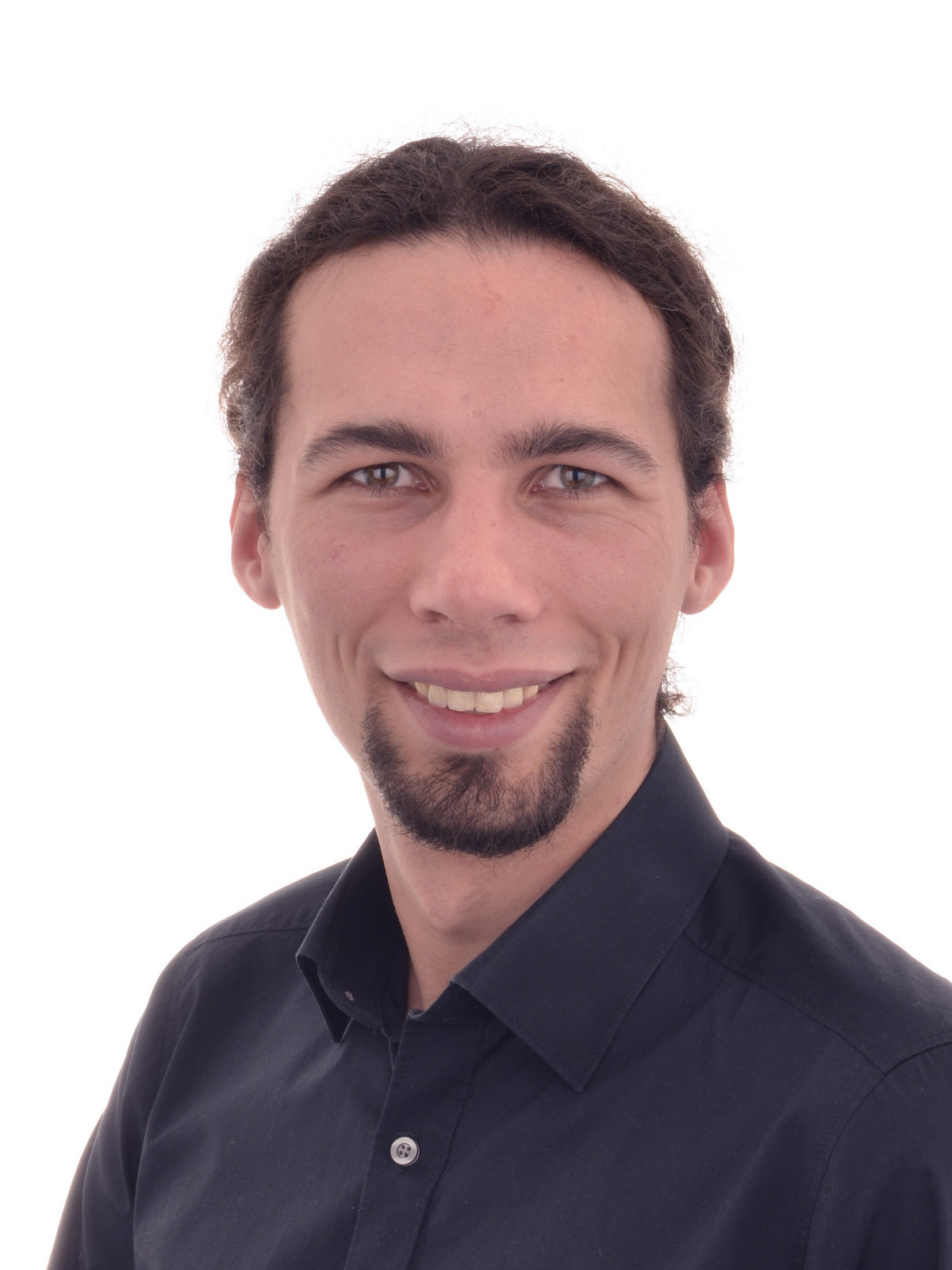 Dr. Philipp Selzer
Dr. Philipp Selzer
Dr. Philipp Selzer joined the department of Environmental Informatics at UFZ in May 2023. He received his PhD from the University of Tübingen in May 2022 for his thesis "Flux Postprocessing and Semi-Analytical Particle Tracking for Finite-Element-Type Models of Variably Saturated Flow in Porous Media" being the outcome of a joint project between the University of Tübingen and the Université Laval in Québec, Canada. Moreover, he received two bachelor’s degrees, a B.A. with a major in Philosophy in 2011 and a B.Sc. in Umweltnaturwissenschaften (Environmental Natural Science) in 2014, as well as a master’s degree in Applied & Environmental Geoscience with a specialization in Environmental Physics and Environmental Modeling in 2017, each of them granted from the University of Tübingen.
After his PhD he was postdoctoral fellow at the University of Liège (Belgium) for nearly one year in the group of Hydraulics in Environmental and Civil Engineering focusing on surface hydrology, shallow-water and inundation modelling.
His current research focuses on numerical developments for flow and transport modelling in porous and fractured media as well as on applied modelling of flow and reactive transport phenomena in the context of high-level nuclear waste storage in deep geological repositories within the OGS team.
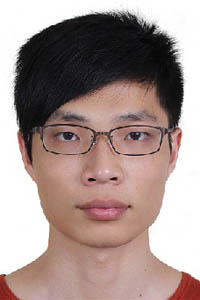 Dr. Renchao Lu
Dr. Renchao Lu
Dr. Renchao Lu joined the department of Environmental informatics at the UFZ in 2014 working in the development of OGS. He was also enrolled as PhD student at the TU Dresden and in 2019 he obtained his PhD. He received his Bachelor’s and Master’s degrees from Tongji University, China. Nowadays, his research is focused in the numerical analysis of coupled T-H-M-C in fractured media including coupled chemo-mechanical processes with application to waste management.
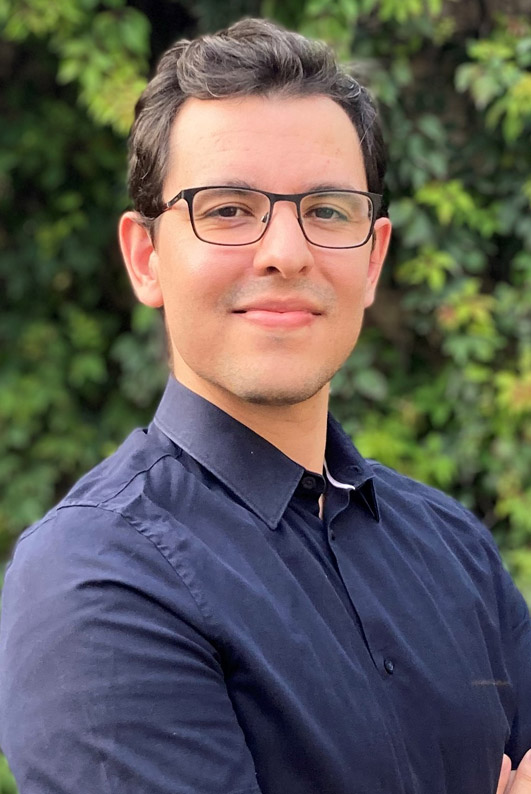 Dr. Jaime Garibay-Rodriguez
Dr. Jaime Garibay-Rodriguez
Dr. Jaime Garibay-Rodriguez joined the department of Environmental informatics at the UFZ in October 2020. He obtained his Bachelor's degree in Chemical Engineering from Universidad de Guadalajara (UdeG) in Mexico in 2013. Afterwards, he completed his Master's (2015) and PhD (2019) studies at Instituto Tecnológico de Celaya, specializing in process modelling and optimization. His PhD dissertation was on the modelling and optimization of water and urban waste management systems. During his PhD, he was a visiting research scholar for one year in the Chemical and Biological Engineering department (CBE) at the University of Wisconsin-Madison, USA. His work at the UFZ focuses on modelling and code development for OGS on reactive transport coupled with multiphase flow processes in porous and fractured media, with applications to nuclear waste disposal and geothermal energy systems.
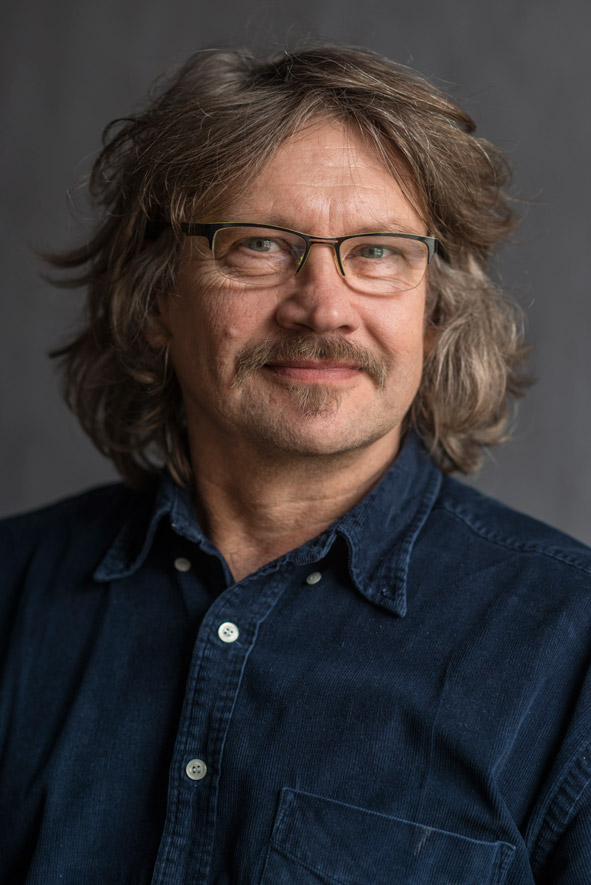 Ralf Trabitzsch
Ralf Trabitzsch
Ralf Trabitzsch moved to the Department of Environmental Informatics in 2017. Until then he worked on the organization and operation of the experimental field sites at Bitterfeld, Leuna and Zeitz in the former Department of Groundwater Remediation. As a member of the Groundwater Monitoring working group, he organizes the multi-institutional course "Groundwater Monitoring and Sampling". As a project manager in the WTT-supported project Radon Protect Plus (precursor project to RadonVENT he was responsible for the experimental work, the application for the follow-up project and the preparation of contracts between the individual project partners. In the cooperation project RadonVENT, he organizes and supports the execution of the different field experiments and coordinates the communication between the project partners. Furthermore, he worked on the technical and administrative planning until the completion of the construction project "UFZ research green roof". Since the completion of the research green roof, he is responsible for the project controlling at the green roof site in Leipzig and coordinates the interdisciplinary scientific activities between the different departments of the UFZ and several external project partners (e.g. University of Leipzig, BfN, City of Leipzig, ...)..
Diana Altendorf
Diana Altendorf joined the department of Environmental informatics at the UFZ in 2018 and initially worked on her master thesis about Enhanced Natural Attenuation at the field site Zeitz. She received her bachelor and master degrees in "Applied Geosciences" at the Martin-Luther University Halle-Wittenberg. Since 2020 she is working as a PhD student in the cooperation project RadonVENT. There she is working on the development of a numerical flow simulation/CFD simulation regarding the influence of the usage of a decentralized ventilation system on the dynamics of the radon activity concentration within a trial apartment.
